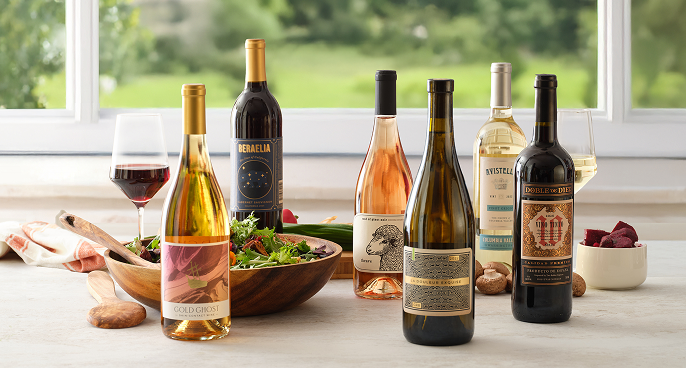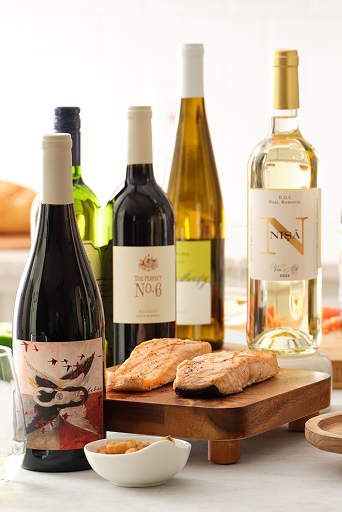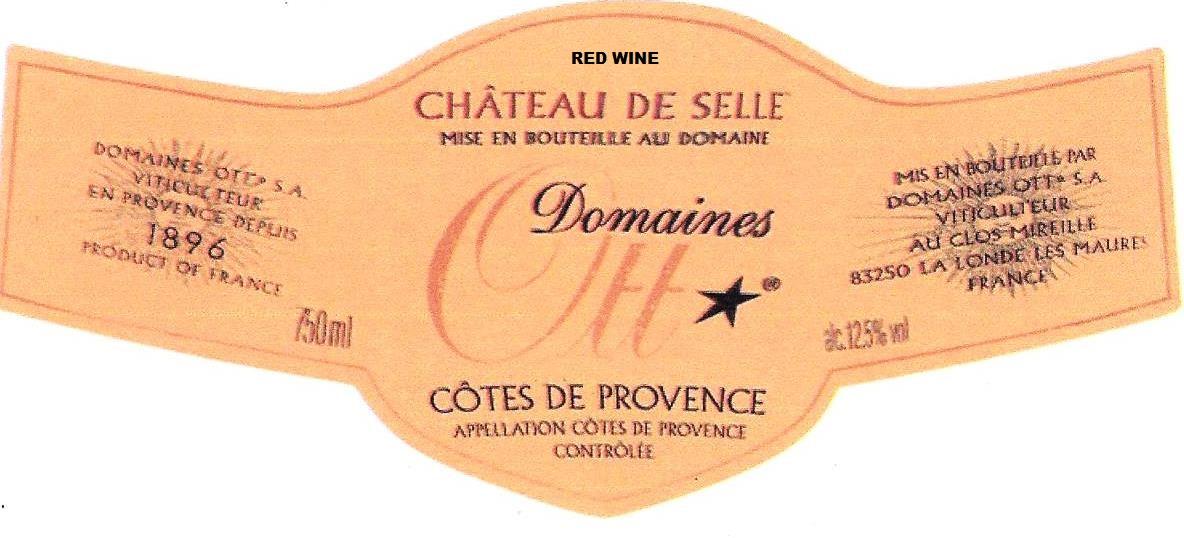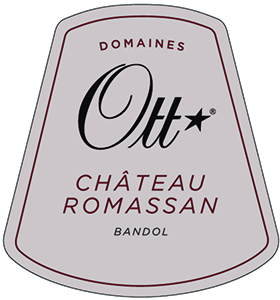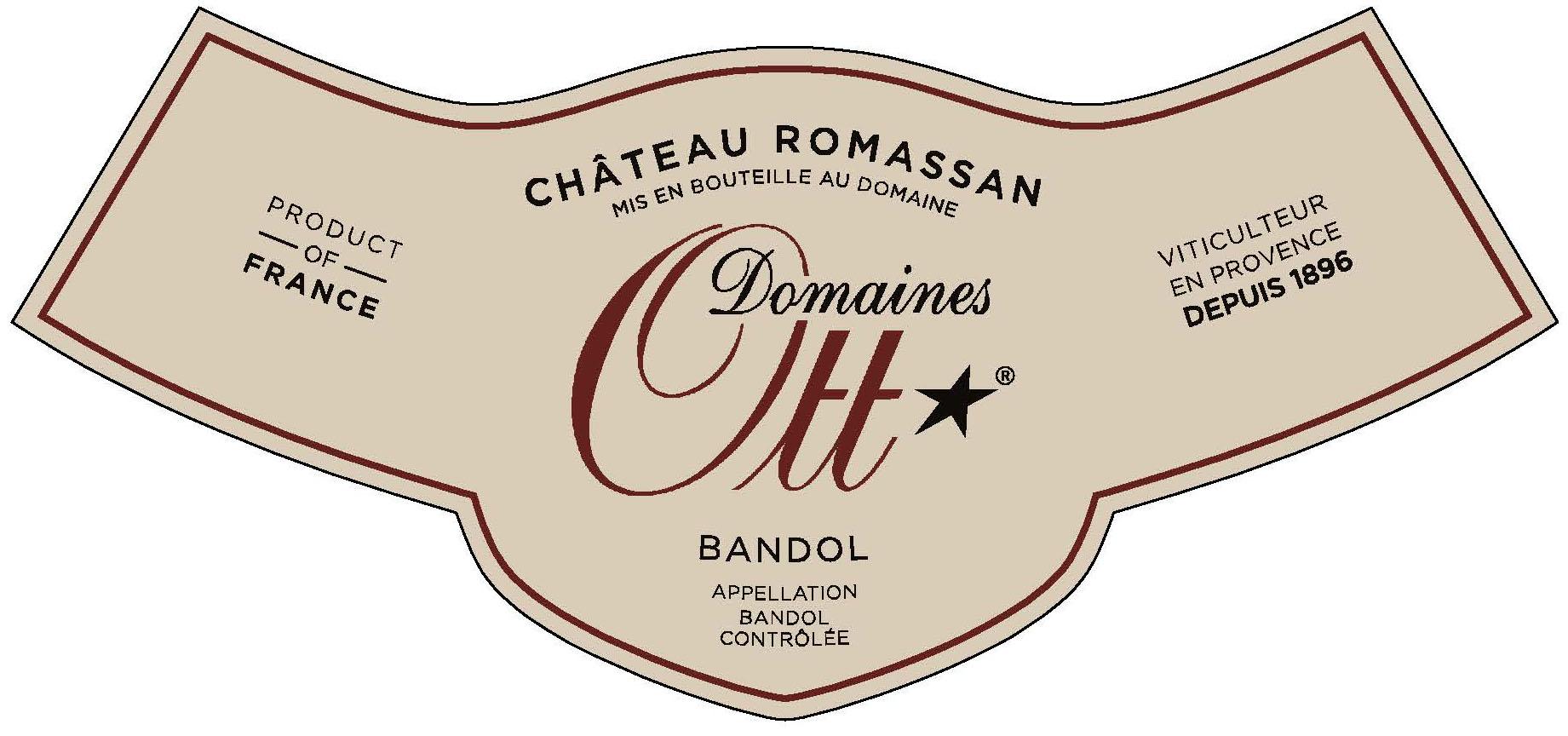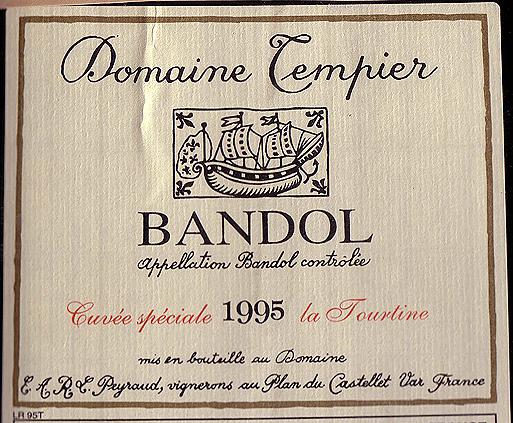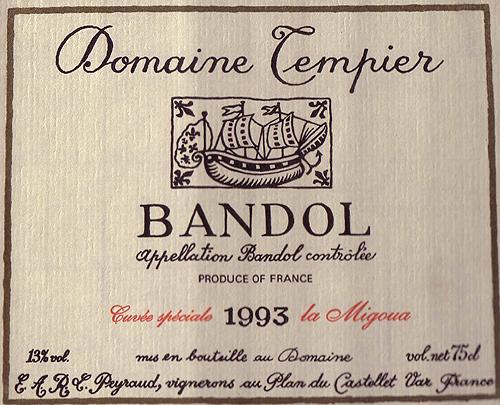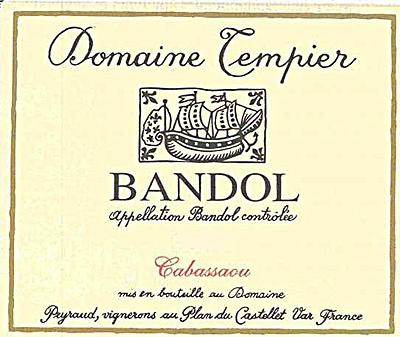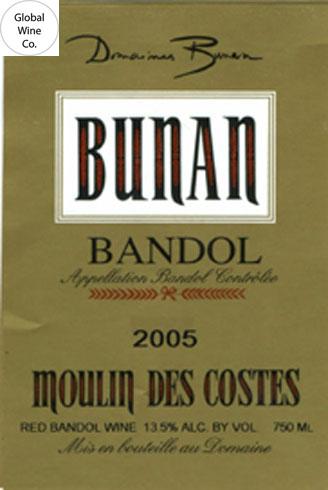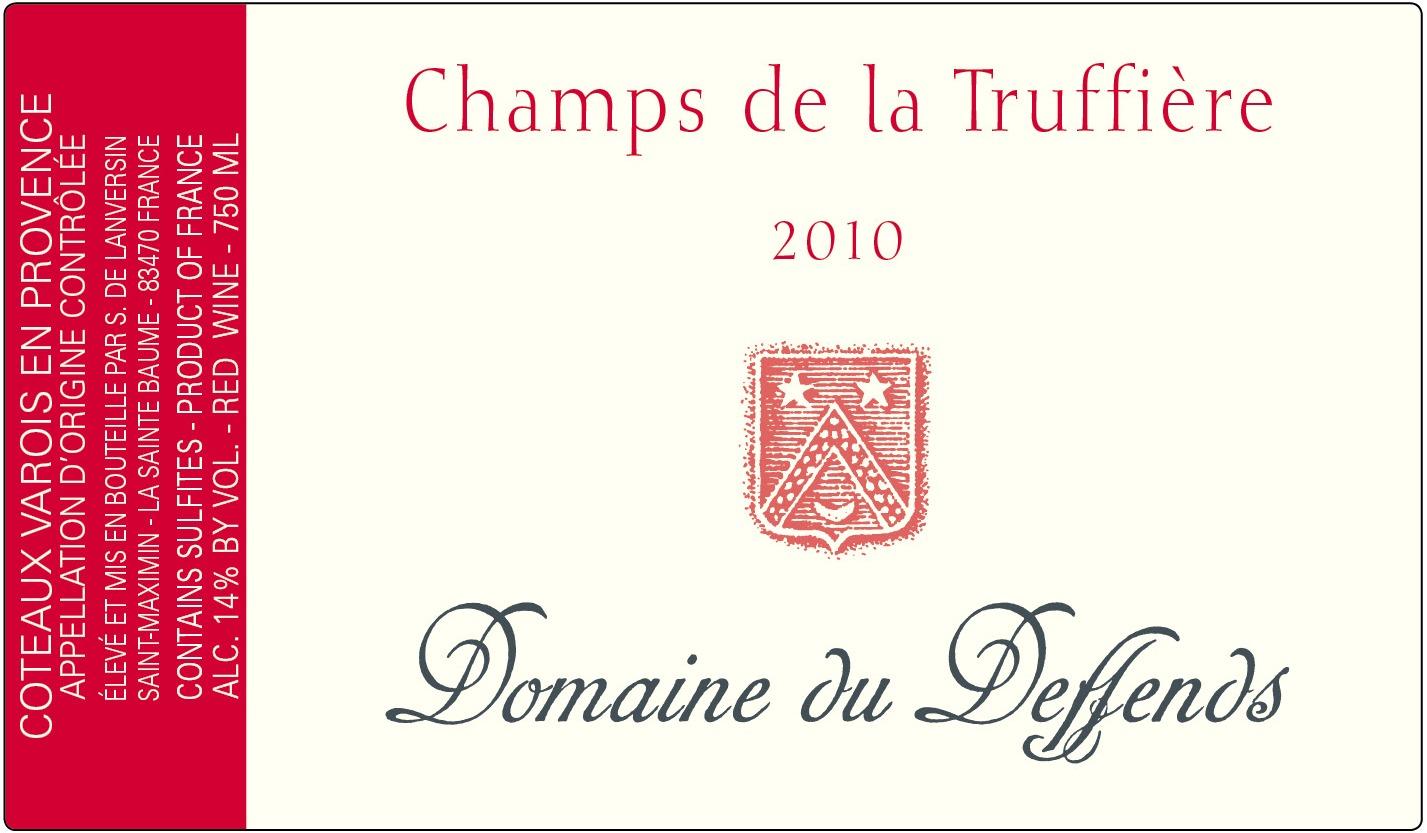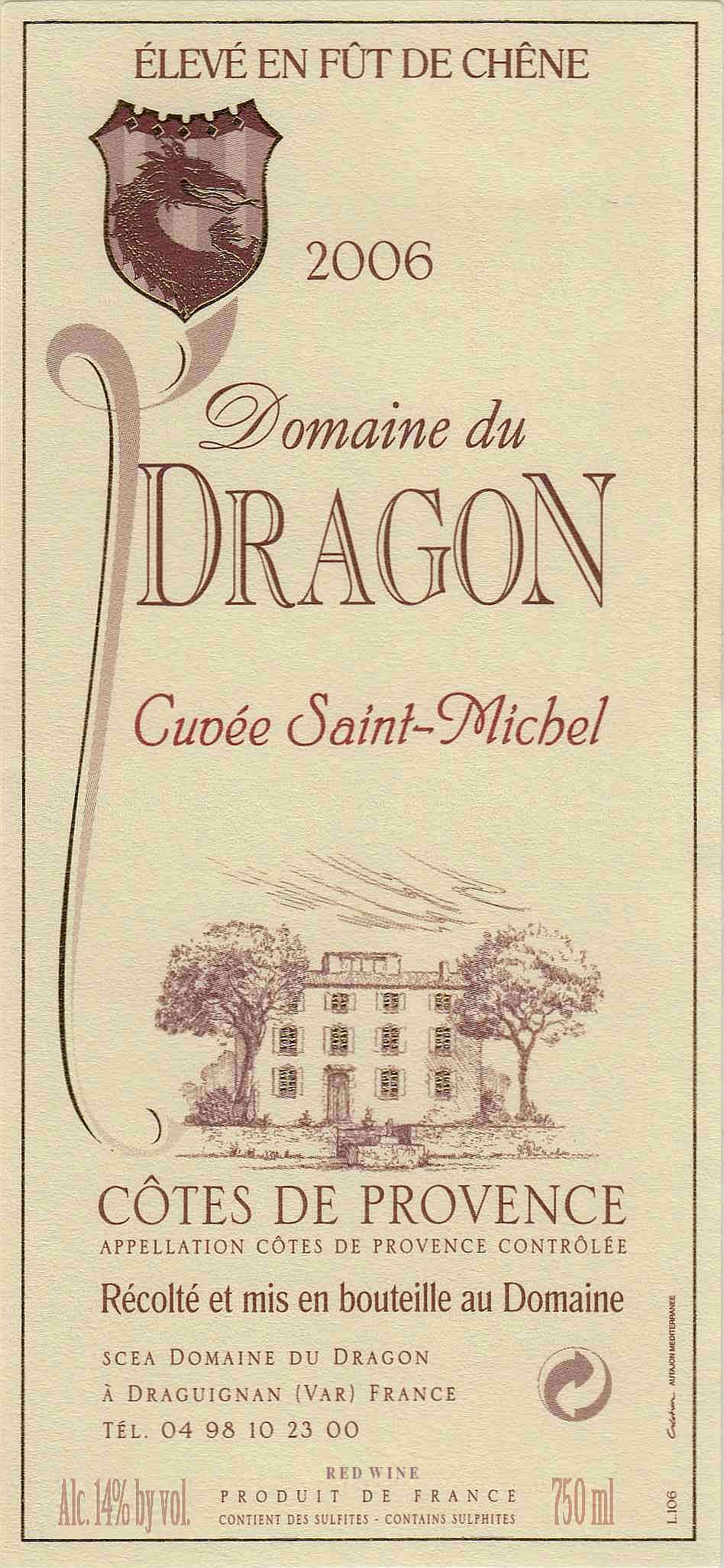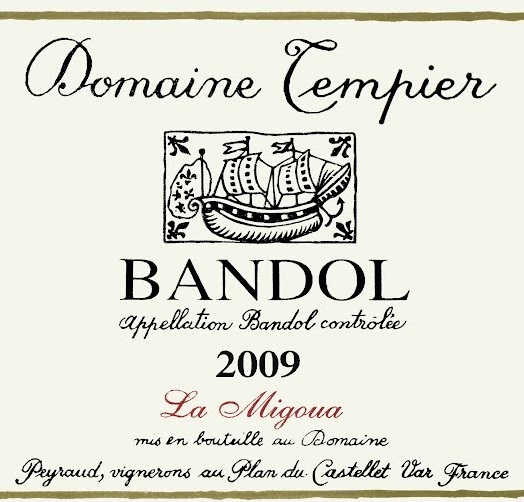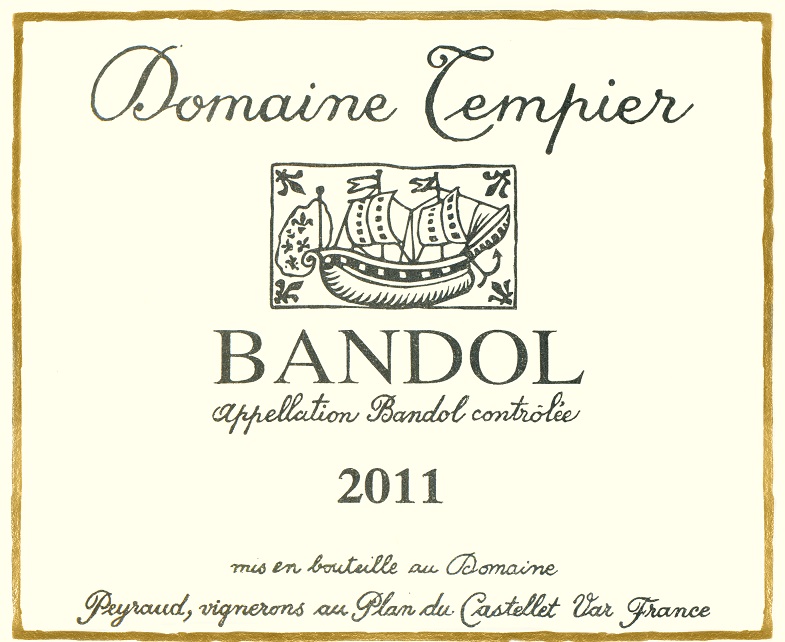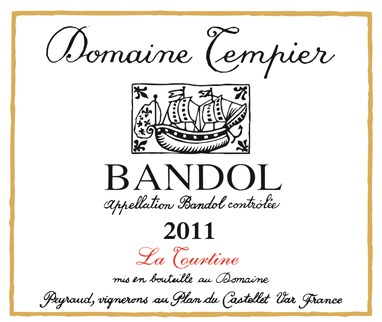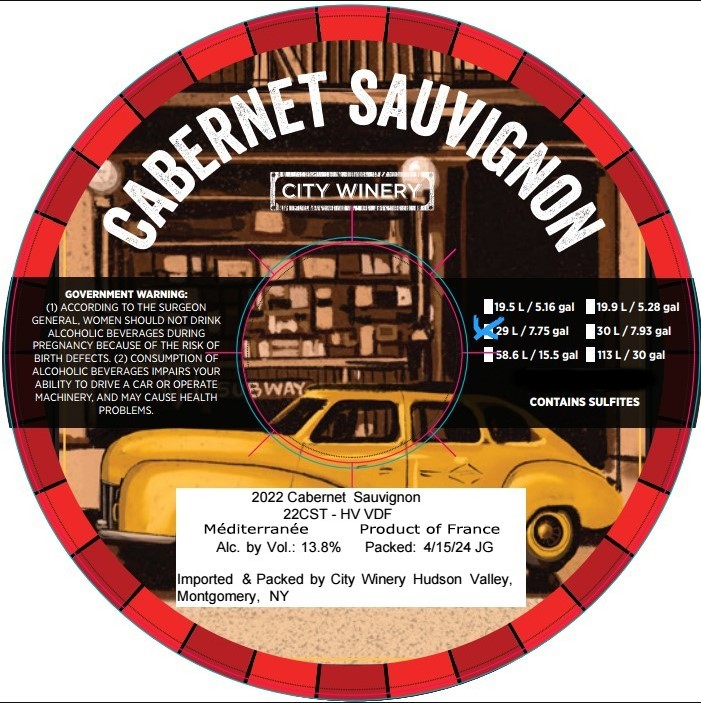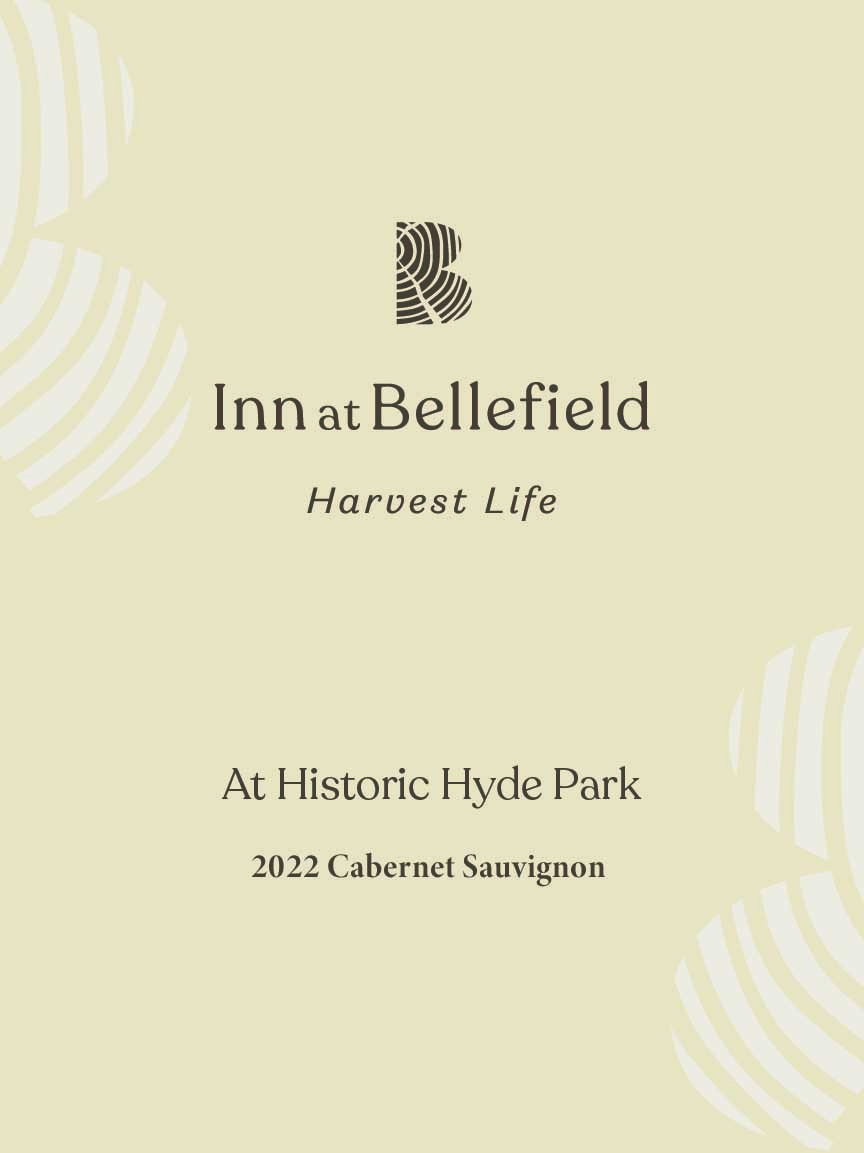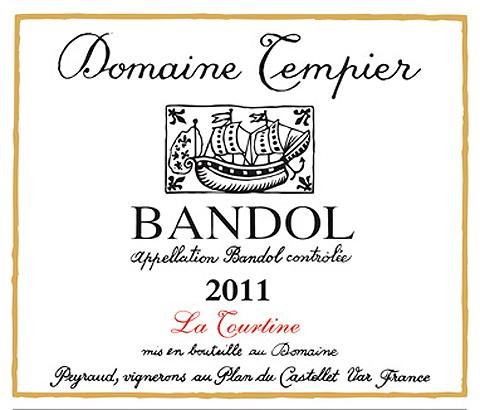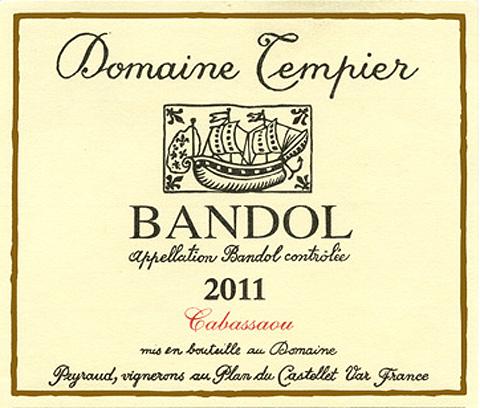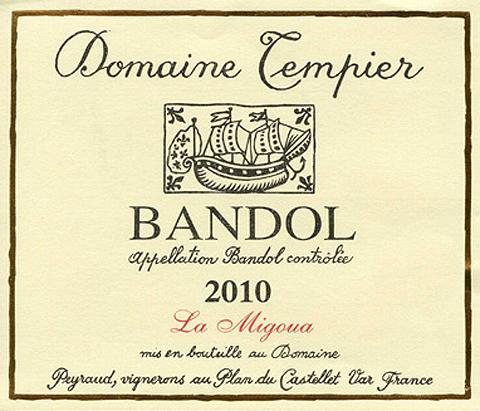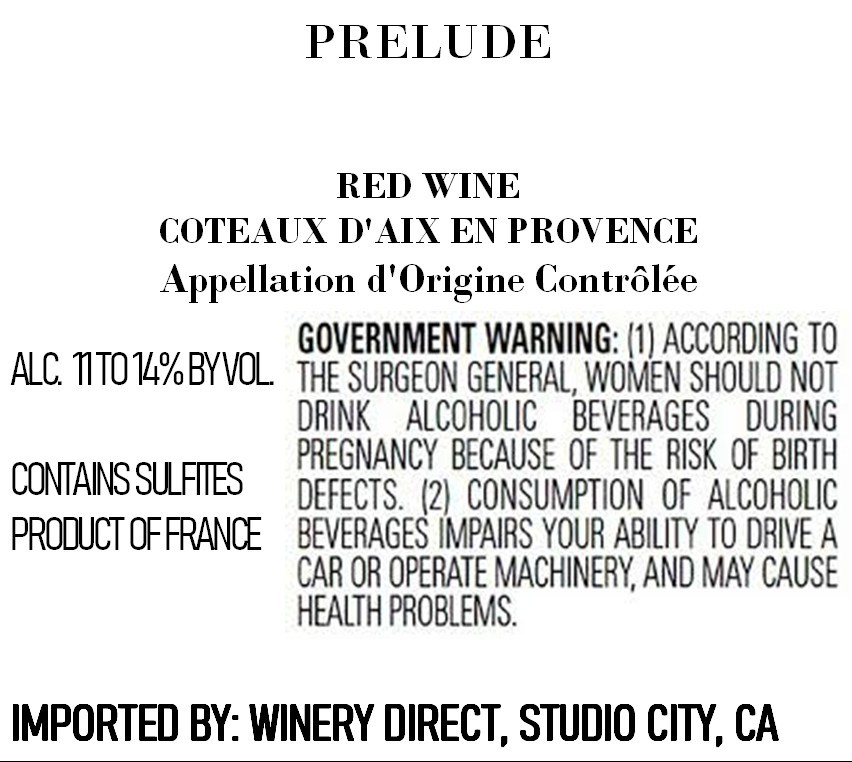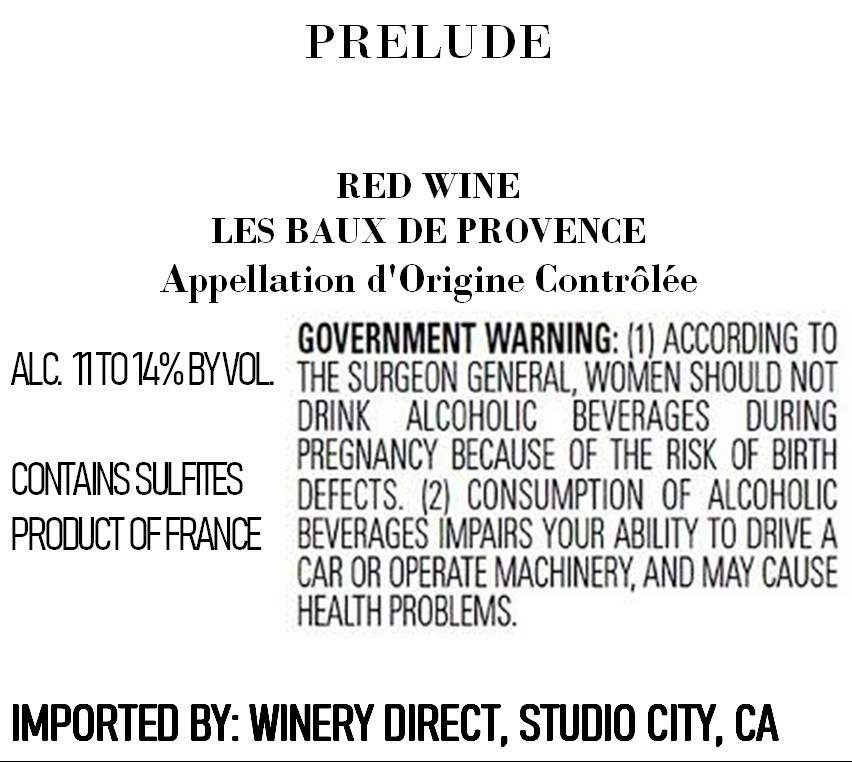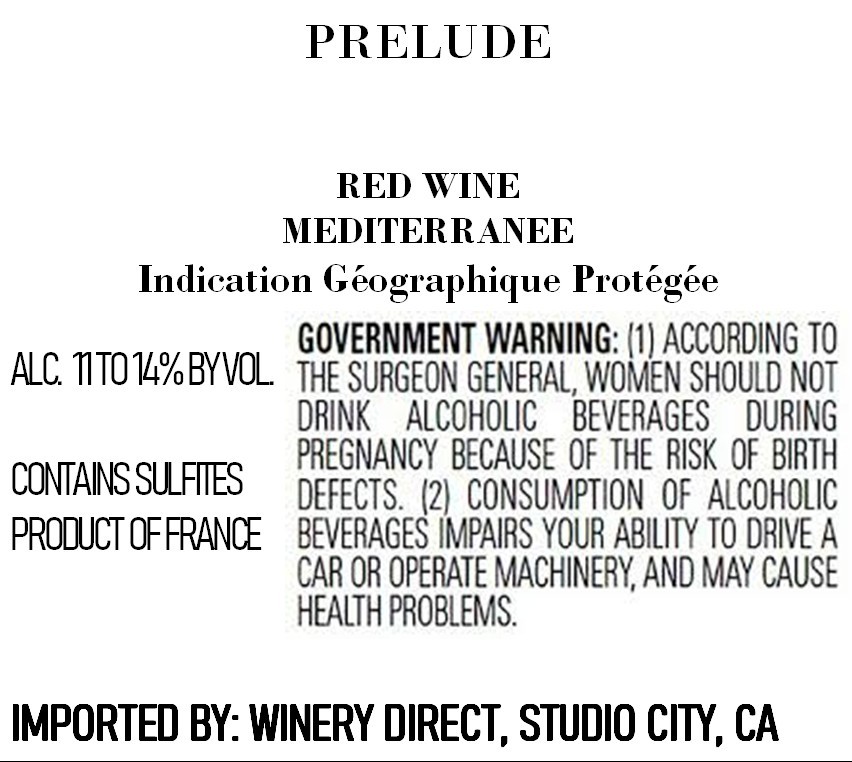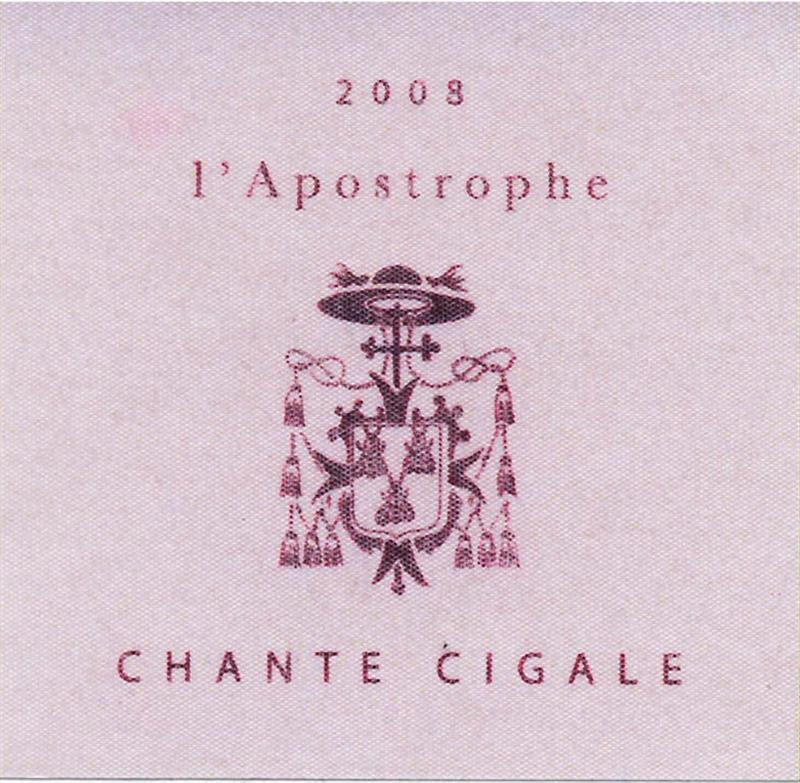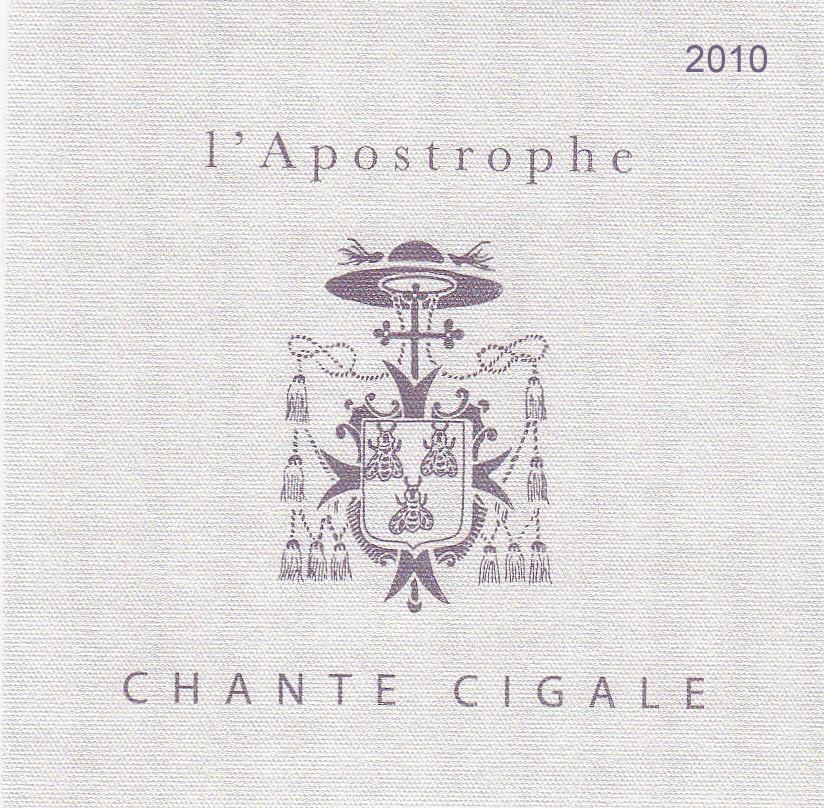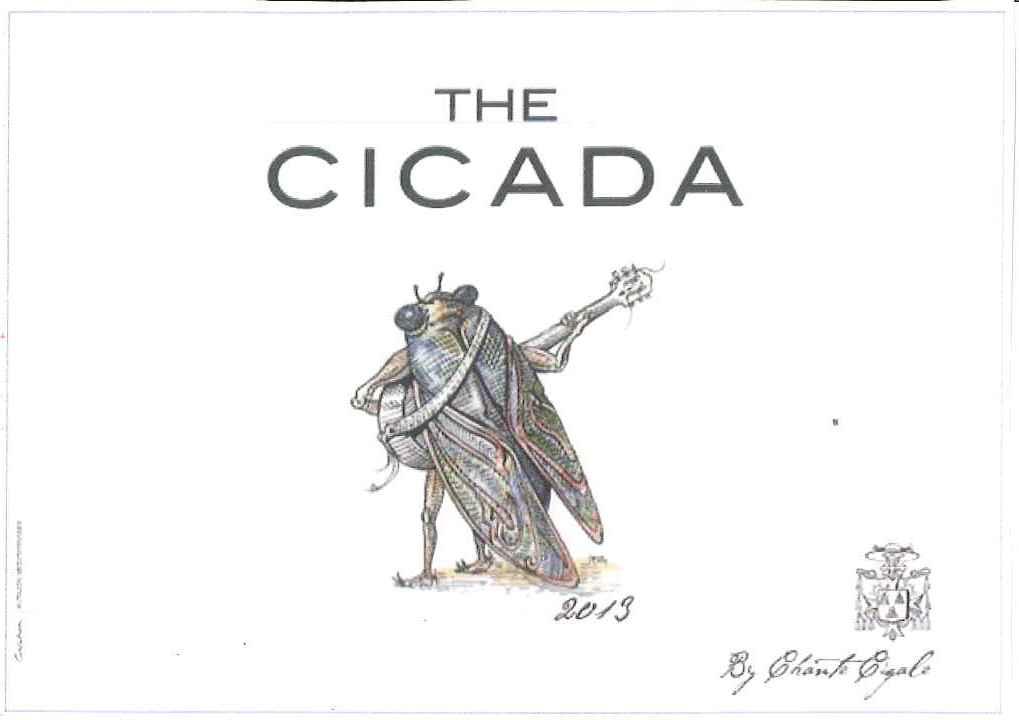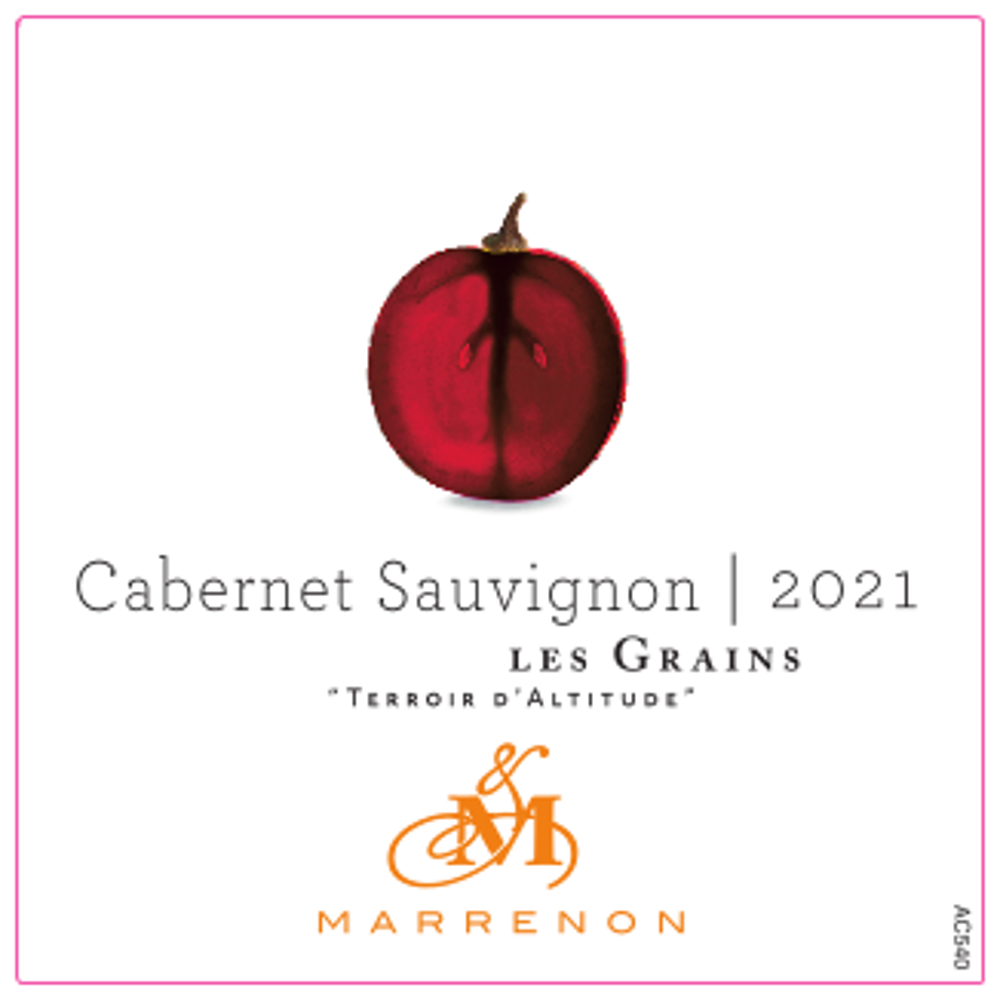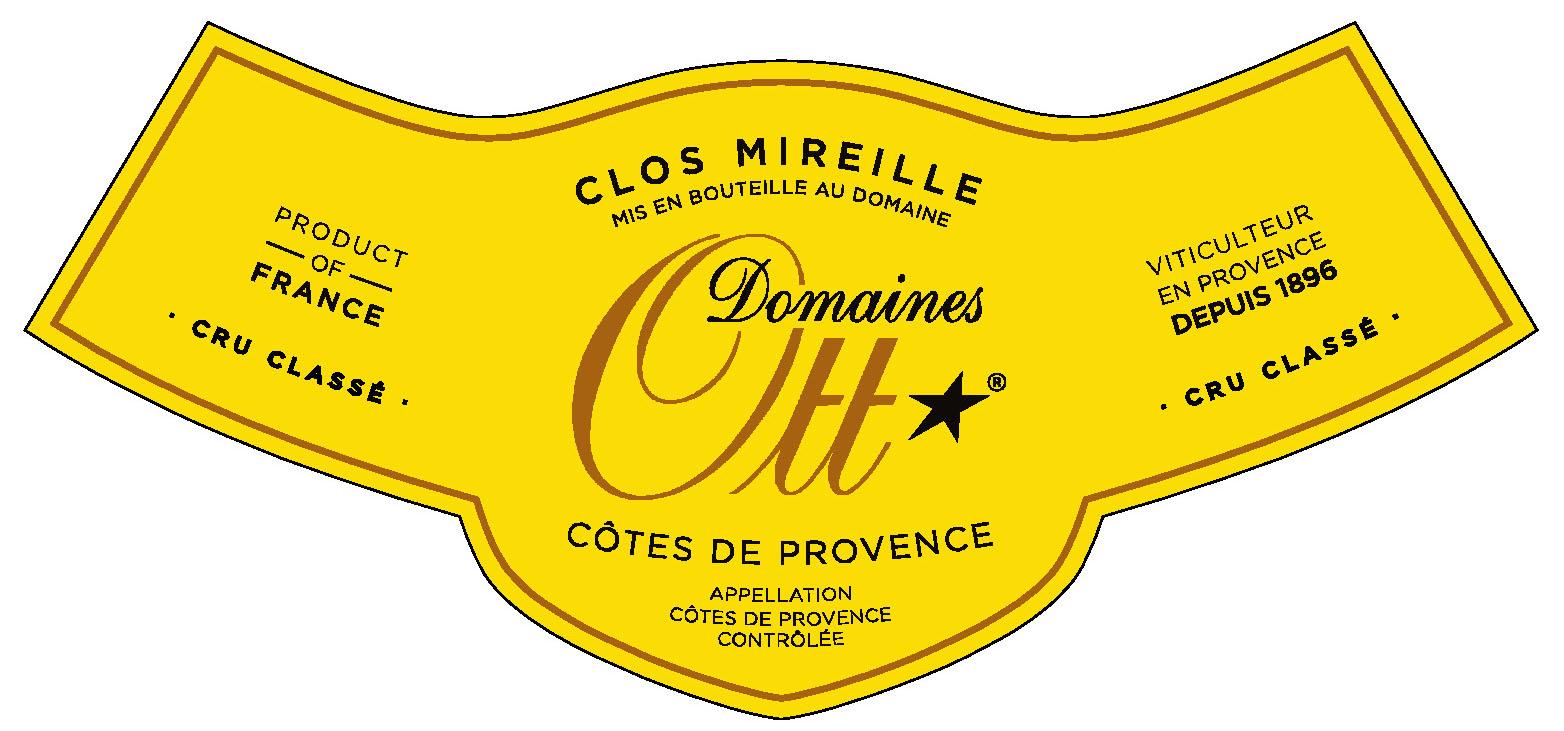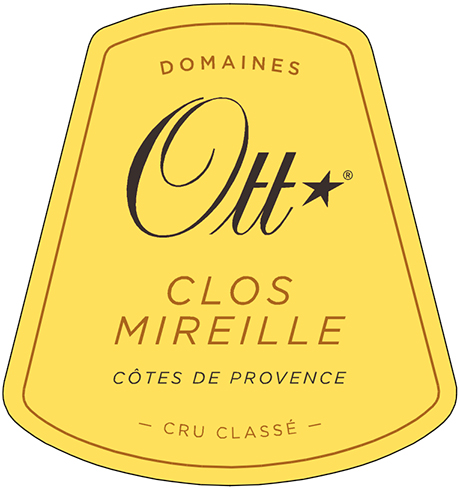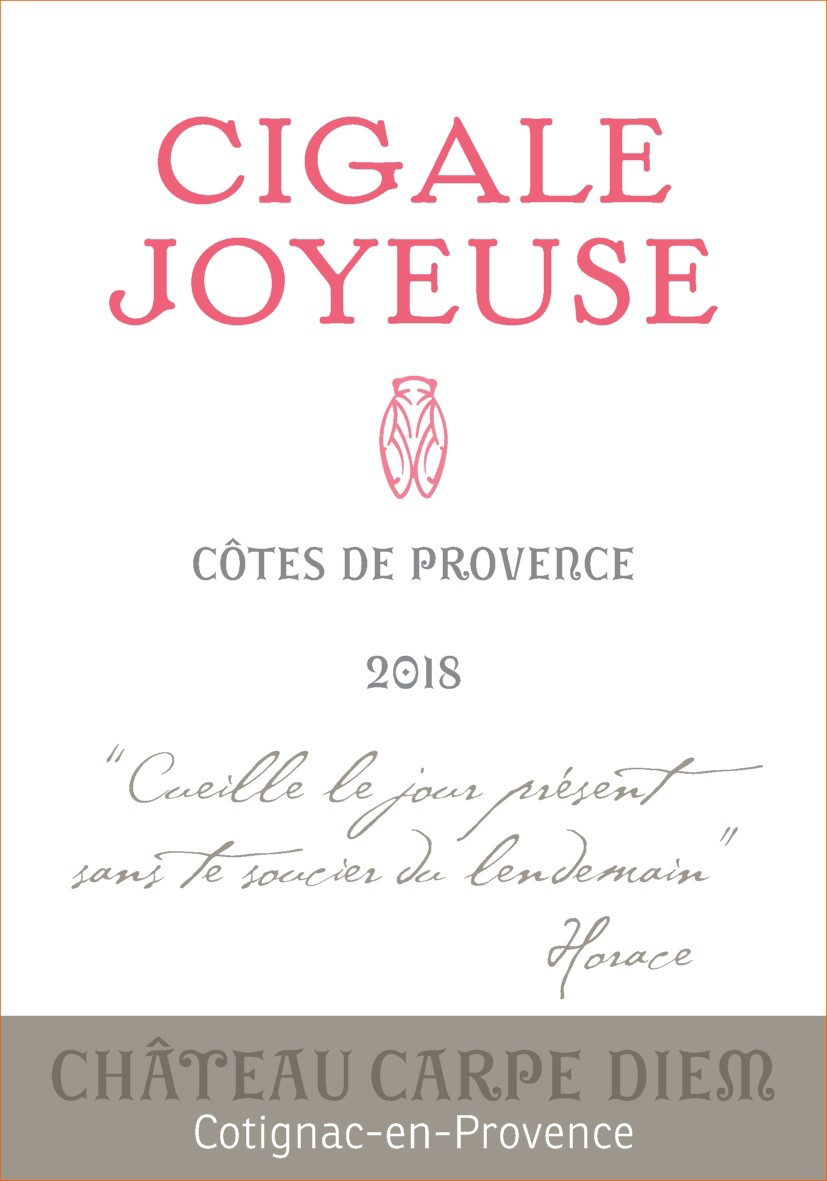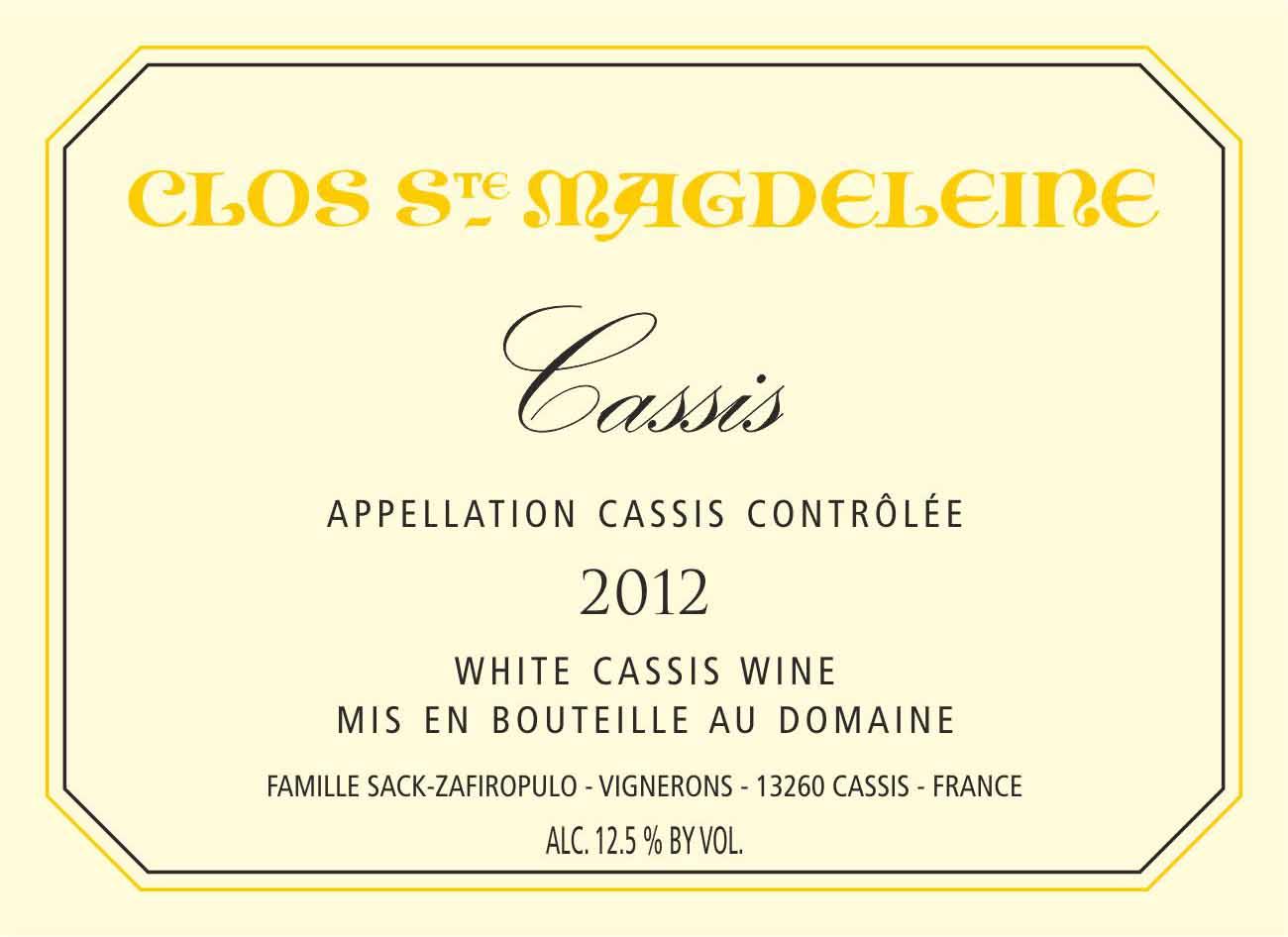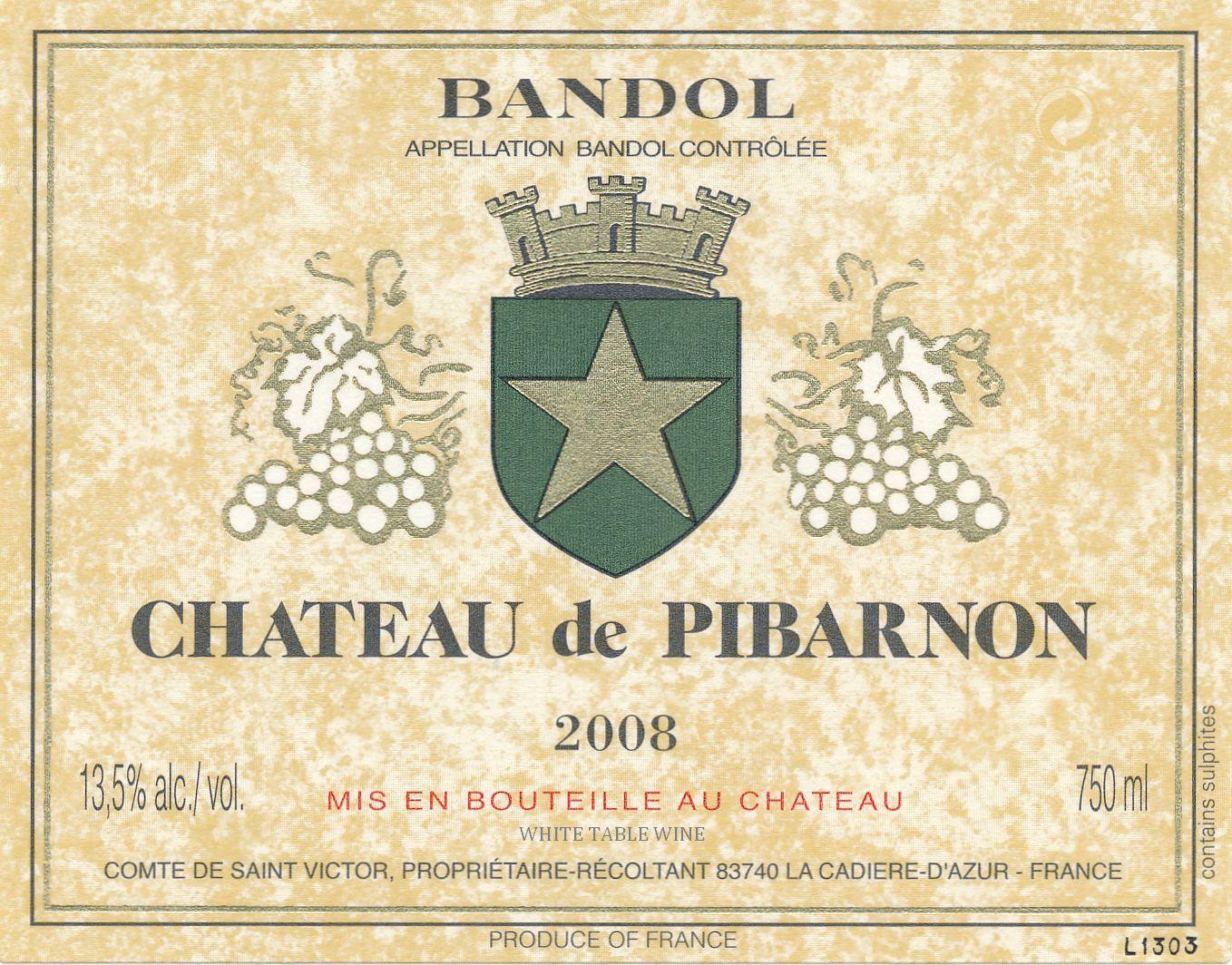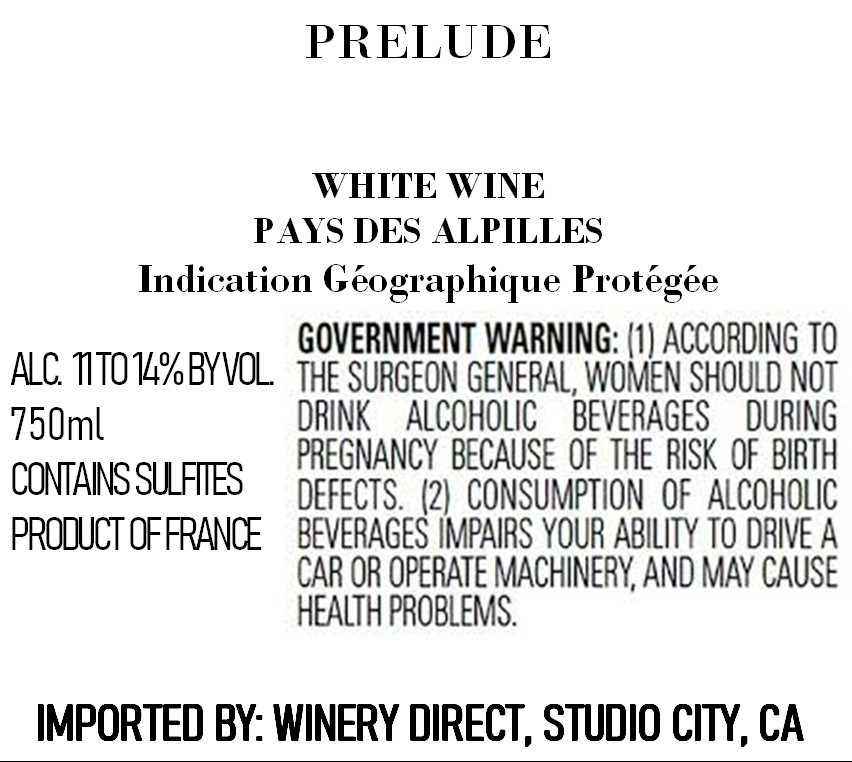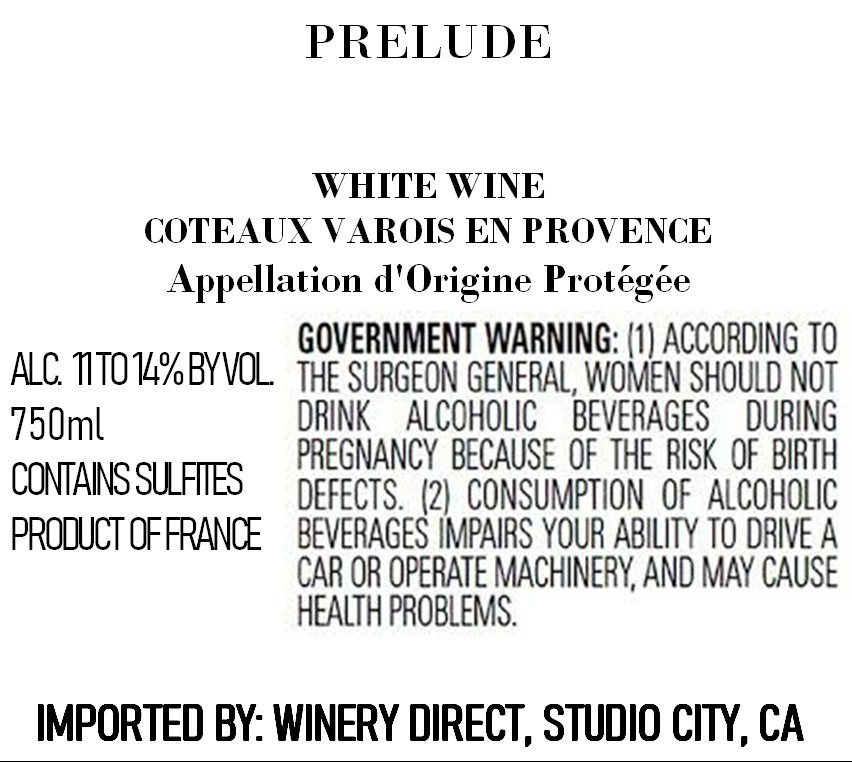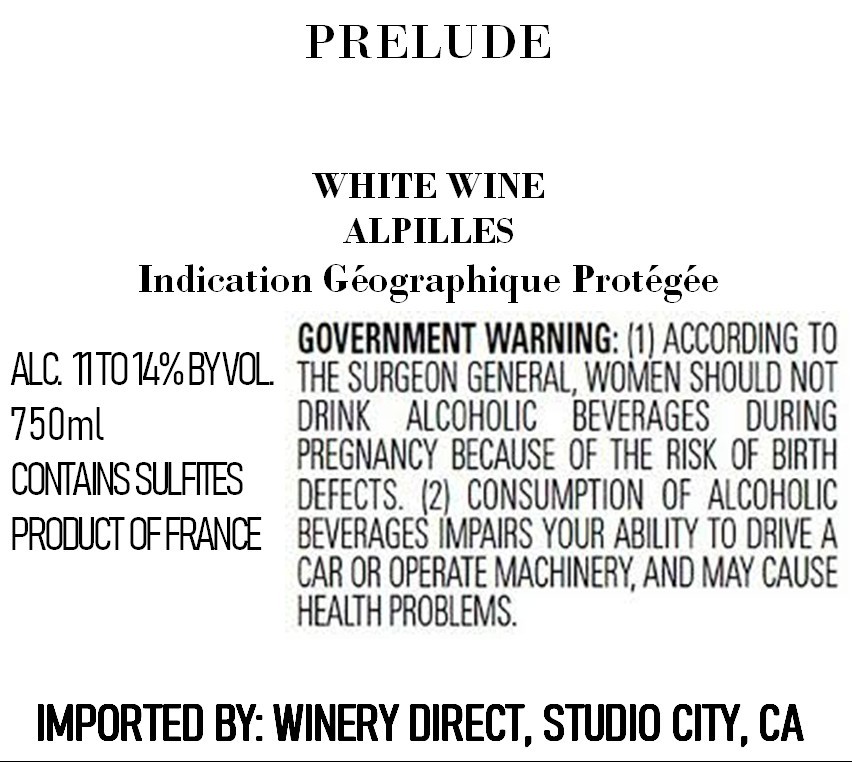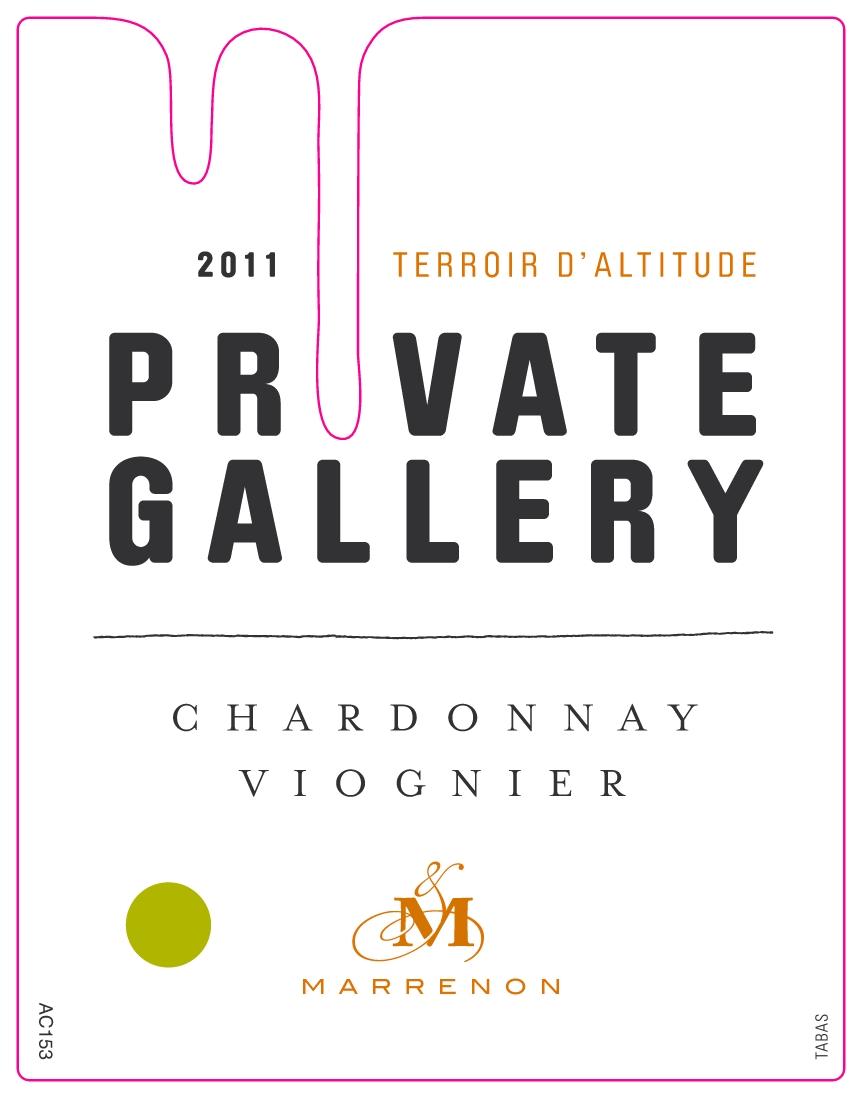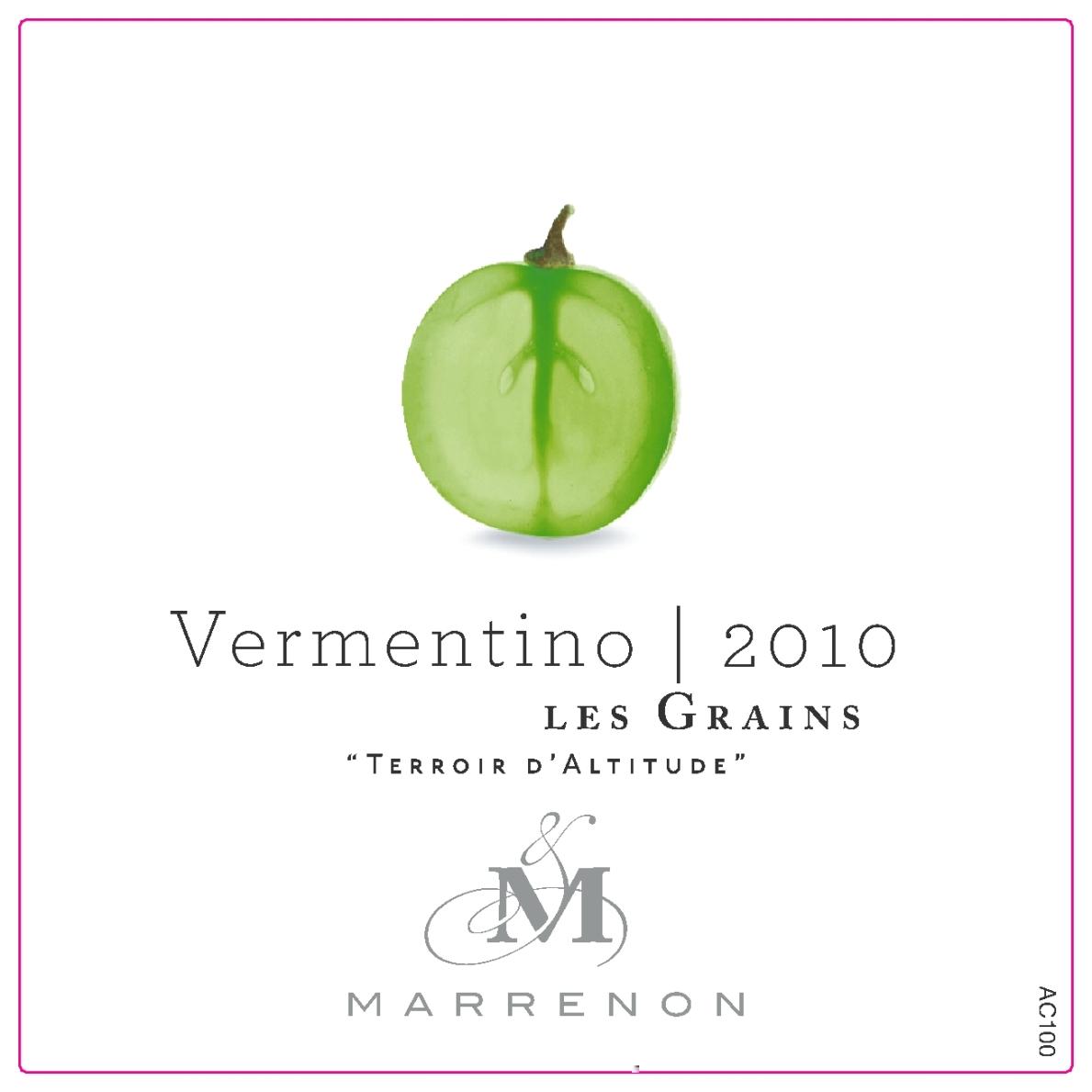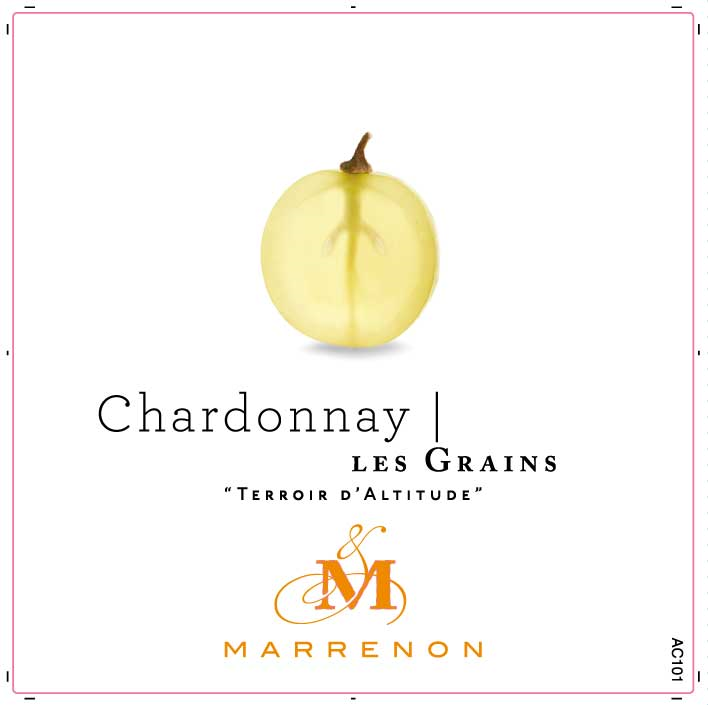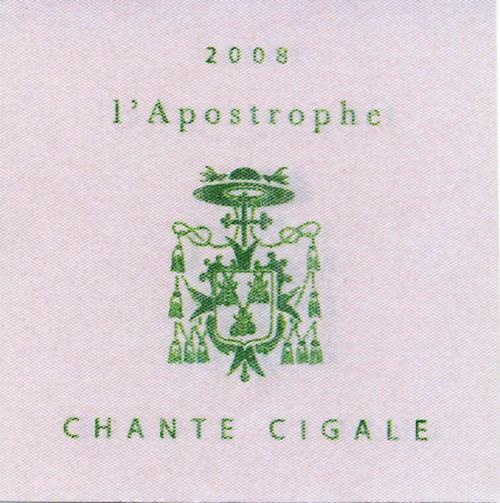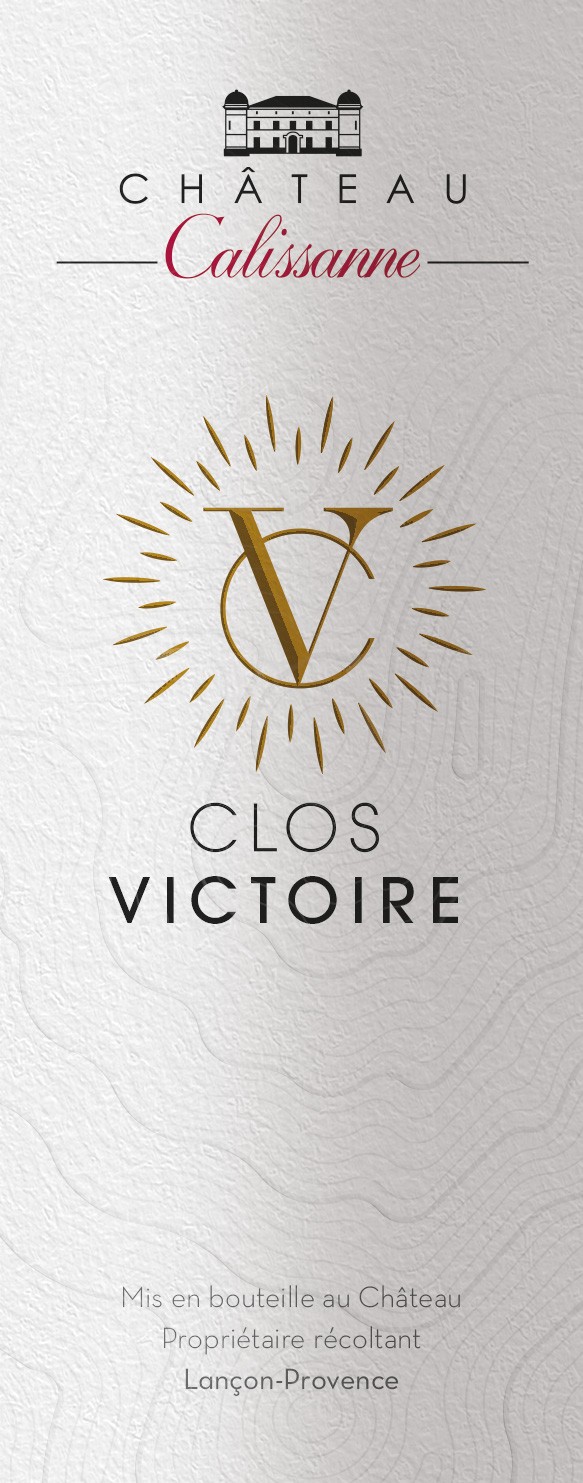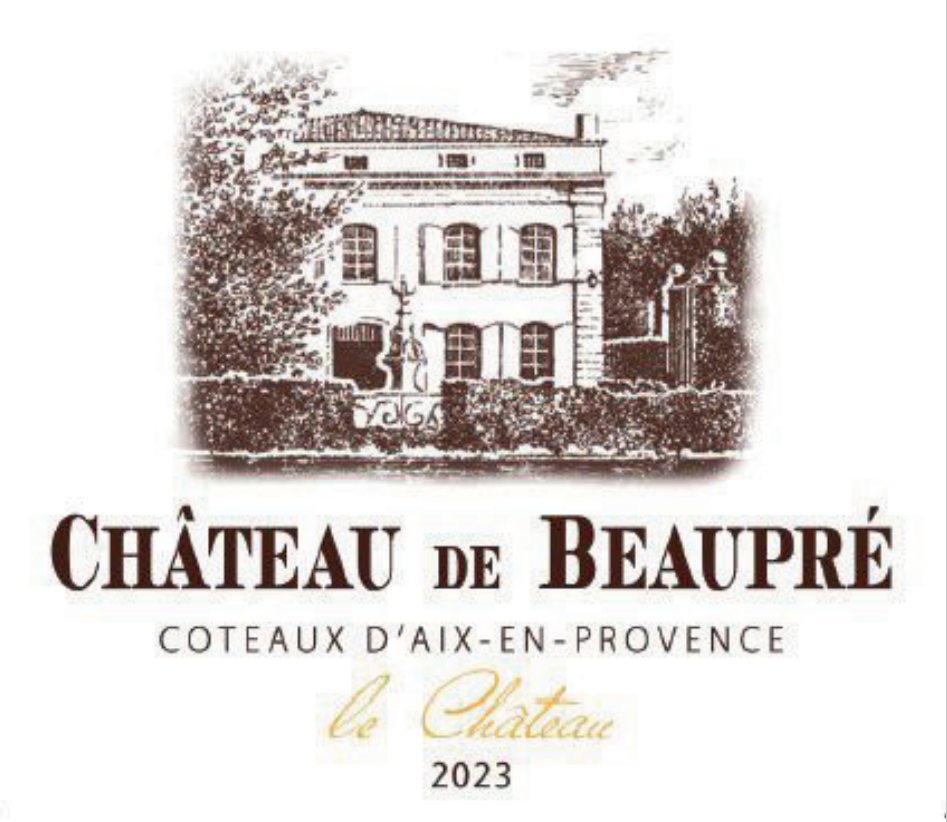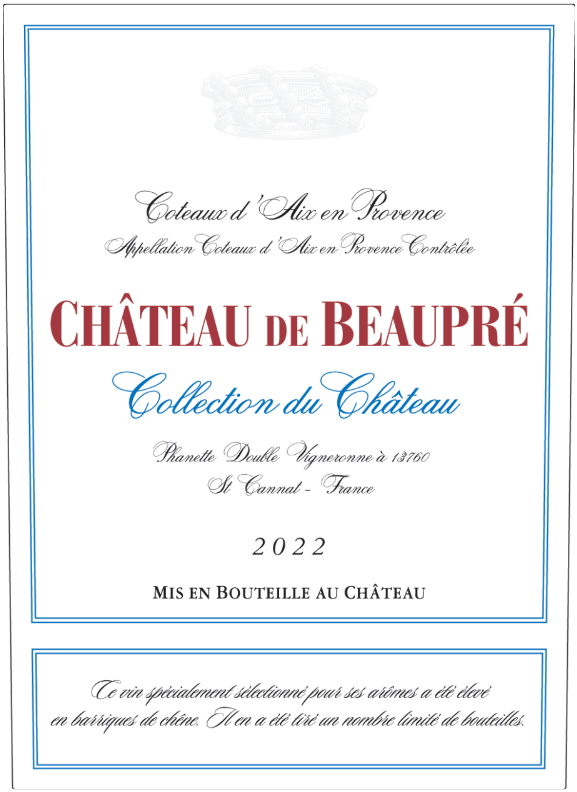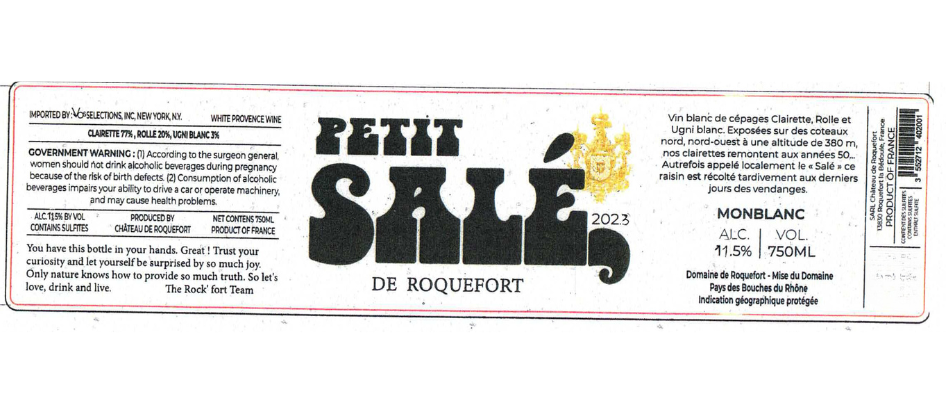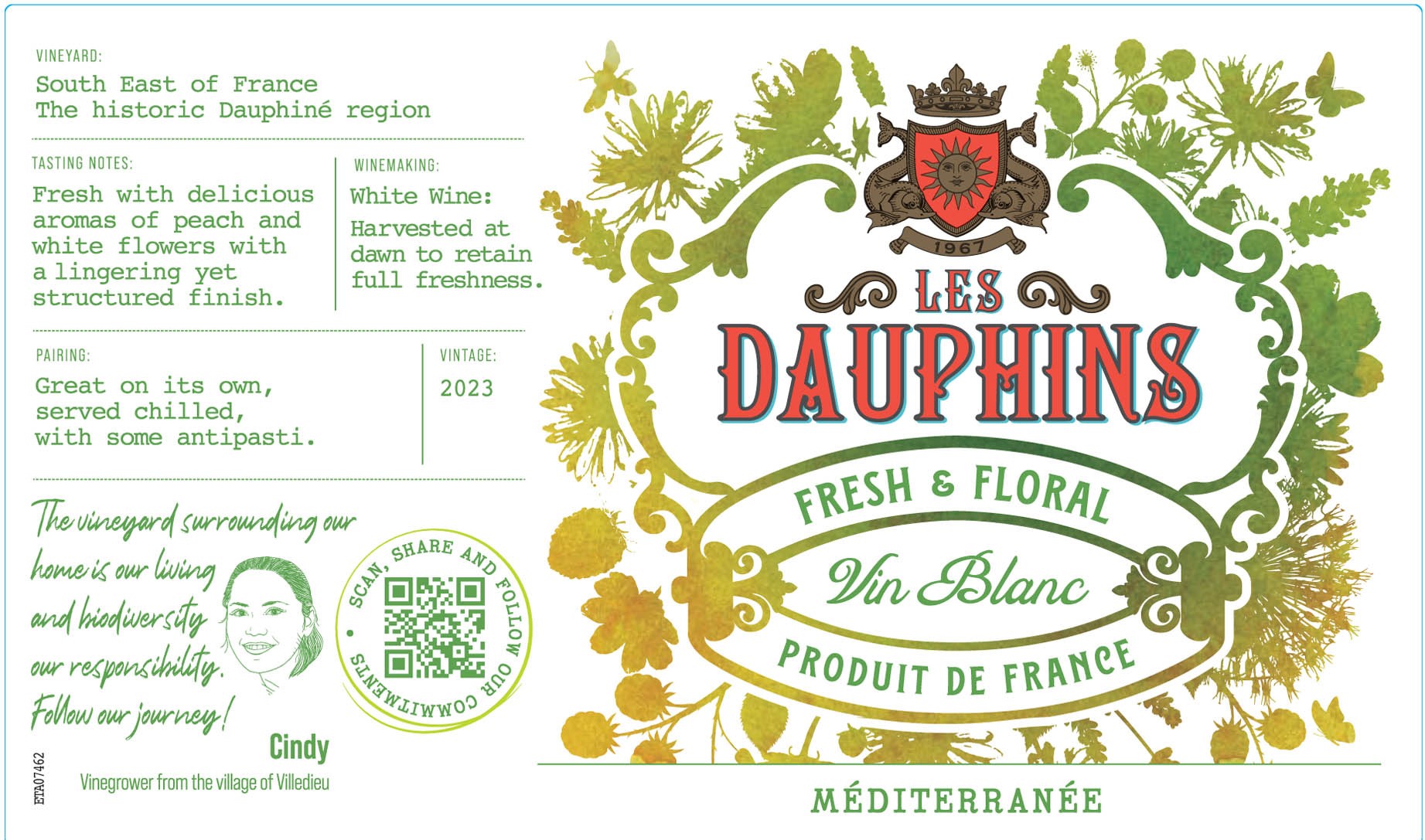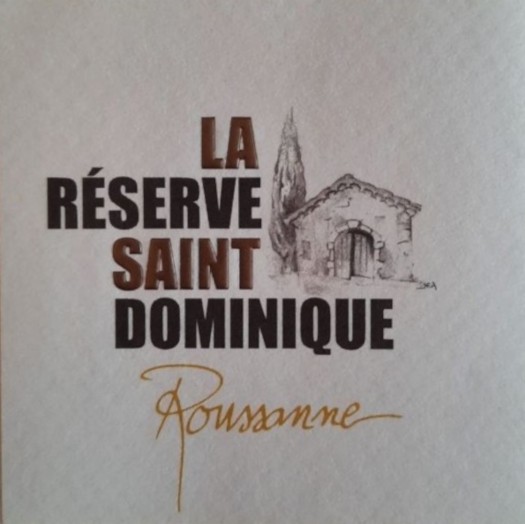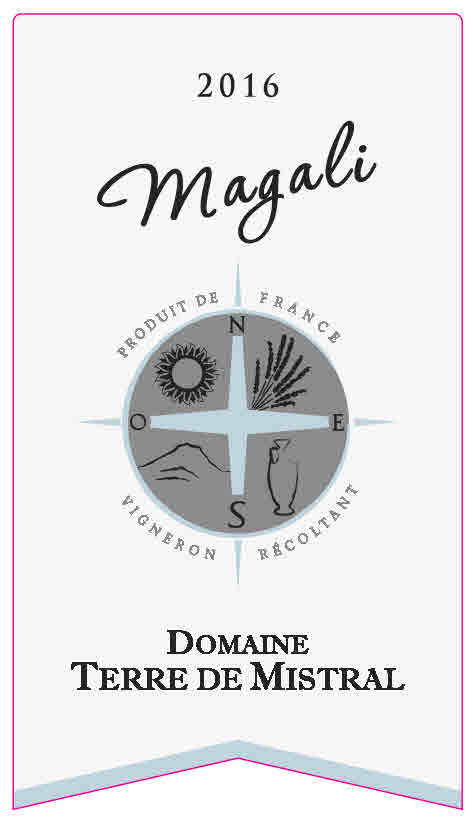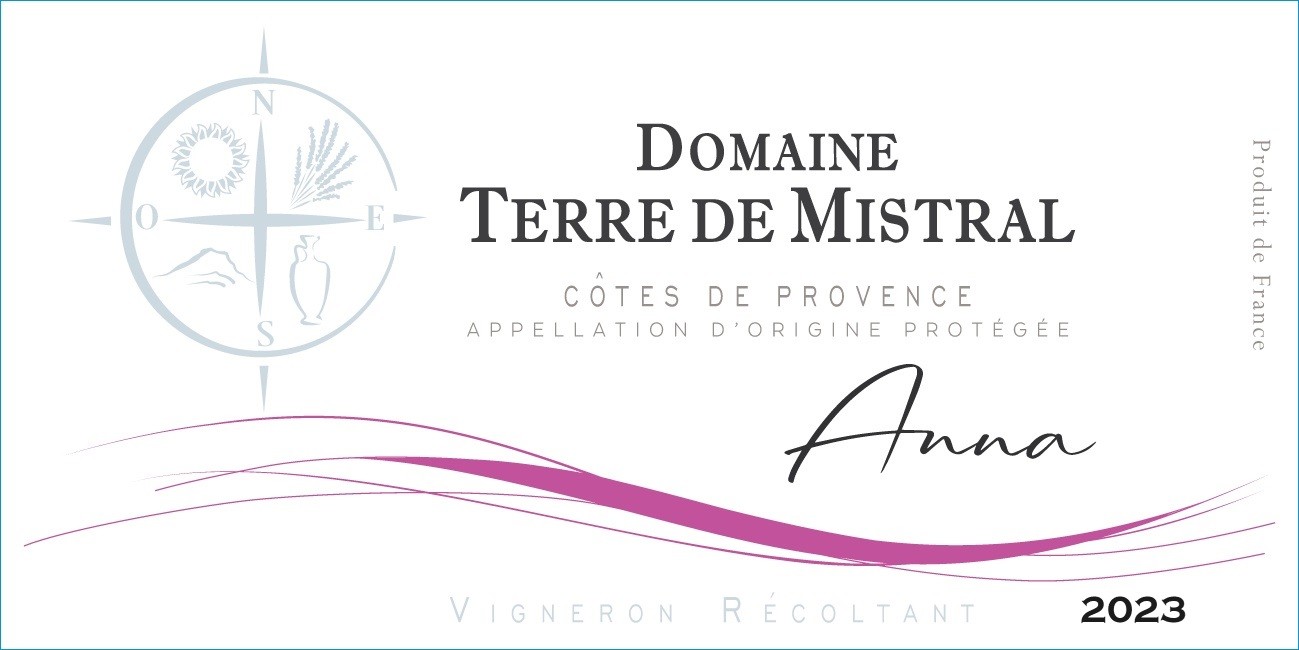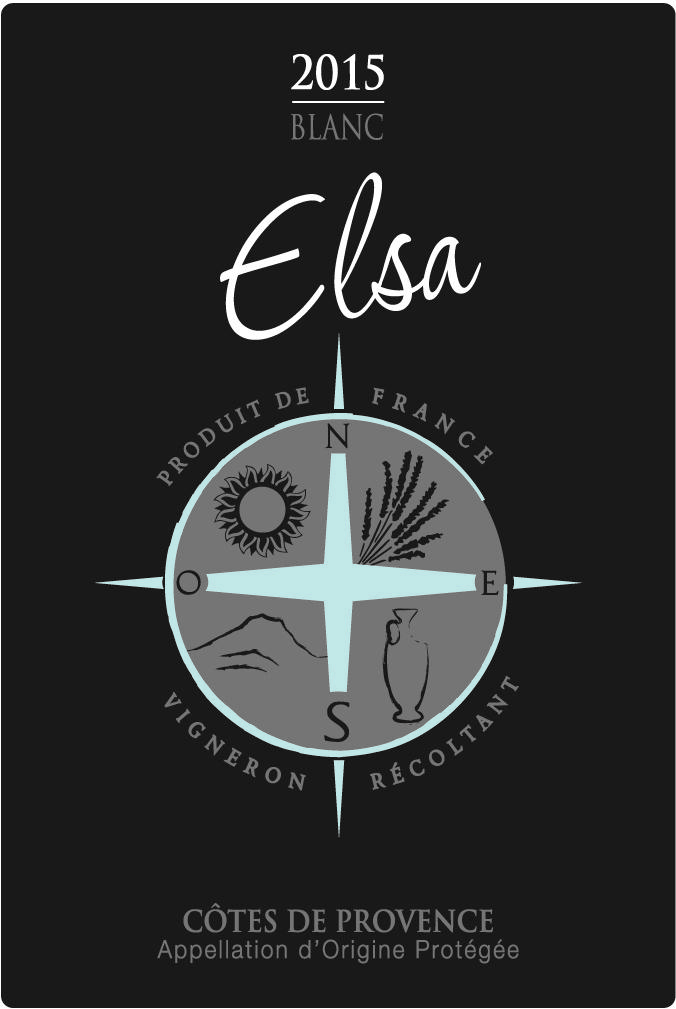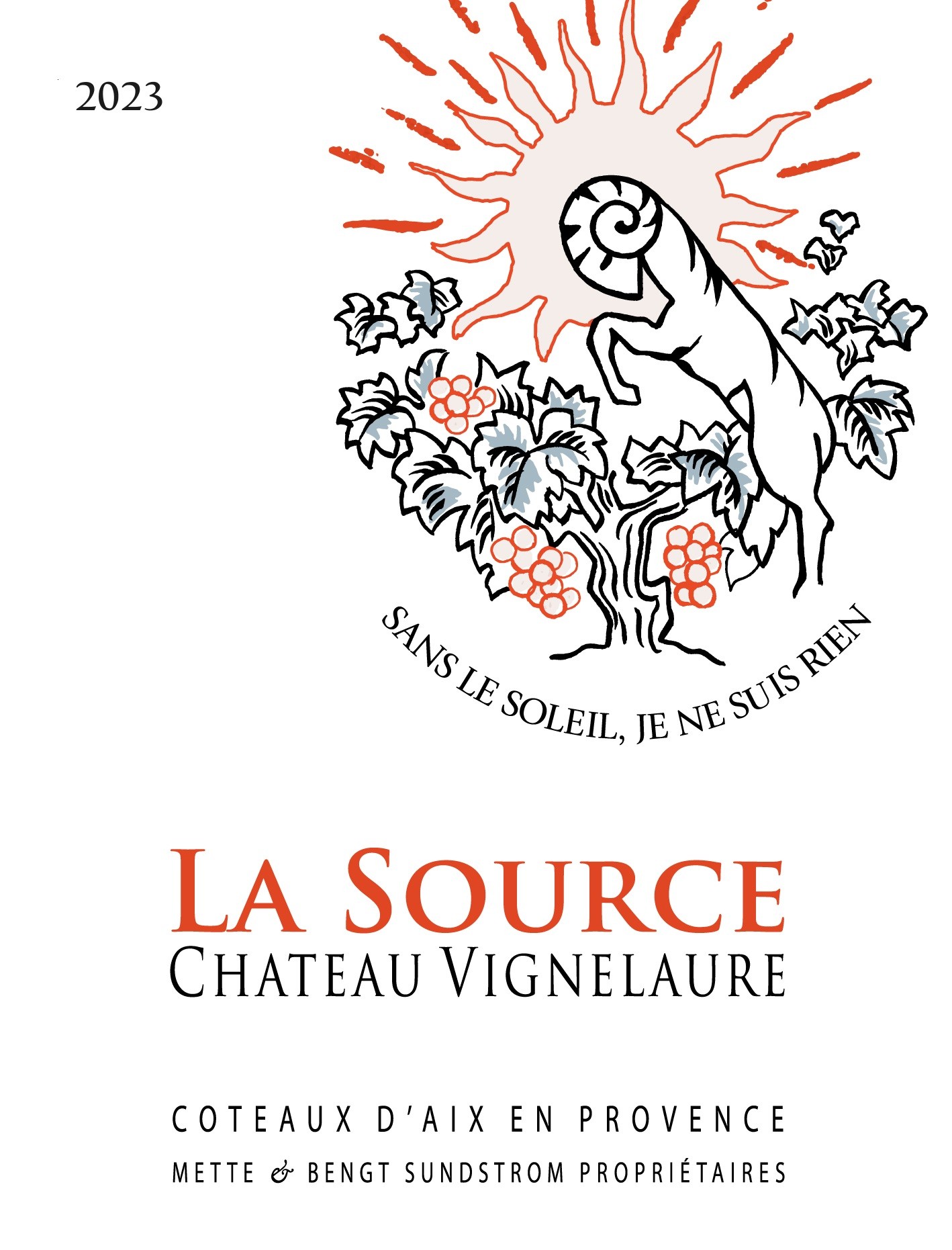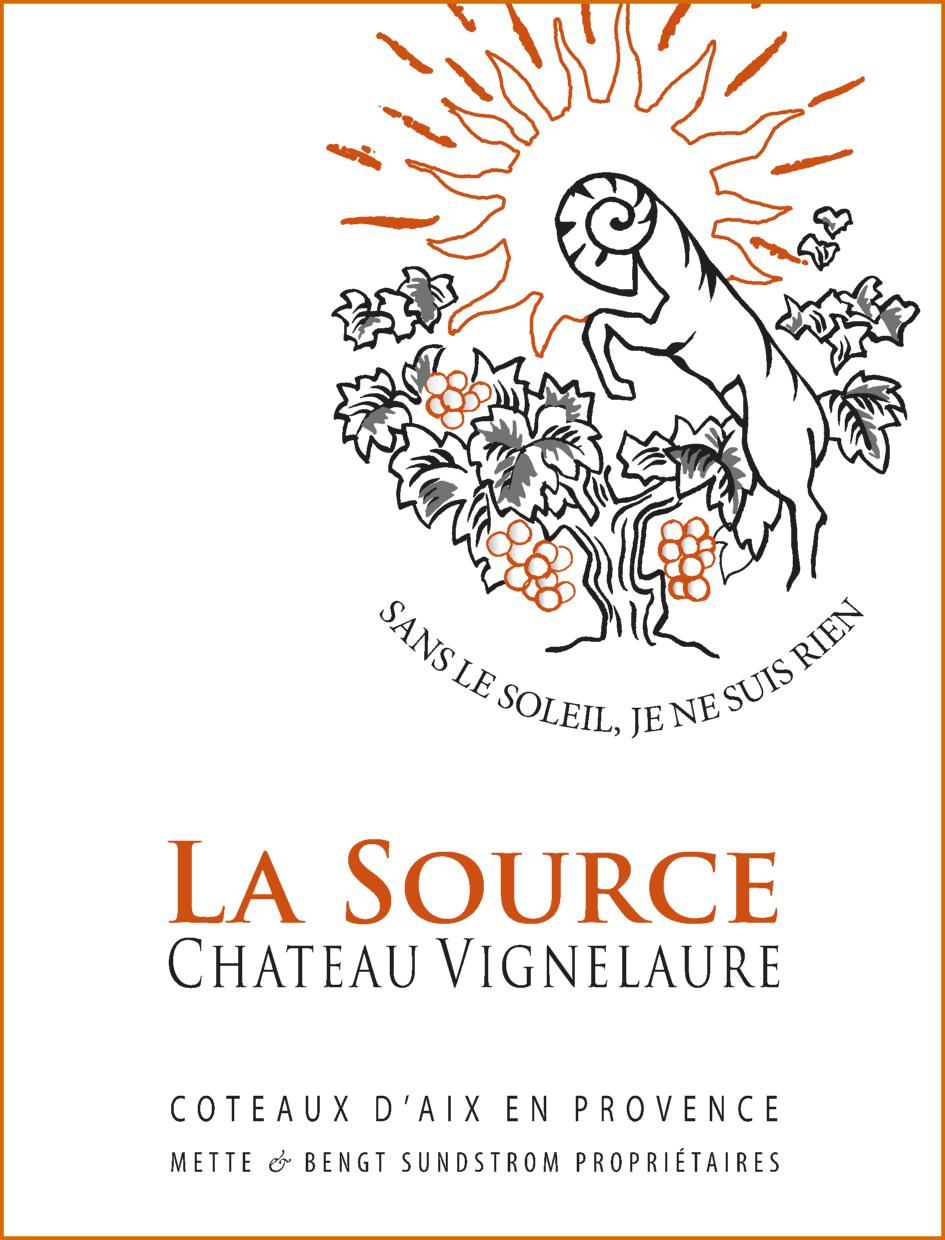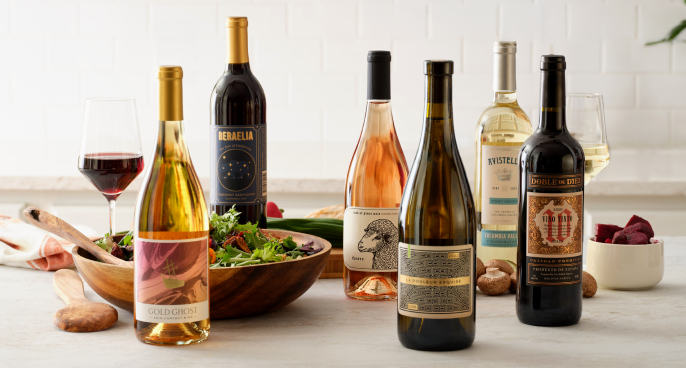Terroir of Provence
Provence's terroir is shaped by its Mediterranean climate, marked by hot, dry summers and mild winters. With 3,000 hours of sunshine annually, the climate is ideal for viticulture. The Mistral wind, a cold, dry breeze, further influences the region by cooling vineyards, preserving grape acidity, and minimizing fungal risks, which supports organic practices.
The geological landscape splits into two main zones. The Limestone West and North boast soils of limestone mixed with clay and sandstone, enhancing the structure and minerality in wines. Meanwhile, the Crystalline East and South feature schist, granite, and volcanic soils that stress vines, resulting in intensely flavored grapes. Provence's diverse topography, from coastal plains to soaring foothills, creates microclimates that vary harvest times by up to 60 days. The ancient restanques terraces, particularly in Bandol, prevent erosion on steep slopes, nurturing the region's viticultural legacy.
Notable Wineries in Provence
Provence, the birthplace of French viticulture, is renowned for its diverse and influential wineries. Here are some of the region's esteemed producers:
-
Domaine Tempier: In Bandol, famous for its age-worthy reds and rosés, highlighting the Mourvèdre grape.
-
Château Simone: A traditional estate in Palette, crafting intricate wines from diverse grapes on limestone hills.
-
Domaines Ott: Pioneers of "prestige rosé" with distinct properties like Château de Selle and Château Romassan.
-
Château d'Esclans: Creator of the globally acclaimed Whispering Angel, revolutionizing the rosé style.
-
Château La Coste: Blends biodynamic farming with art, offering a unique cultural and wine experience.
Sustainable Winemaking in Provence
Provence is at the forefront of sustainable winemaking in France, driven by its favorable climate and a commitment to eco-friendly practices. By 2030, the Vins de Provence wine council aims for all vineyards to achieve organic or HVE certification, with 40% having already met these standards by 2020.
Provençal vineyards benefit from the dry Mistral wind, which helps reduce disease naturally. Growers enhance this advantage by planting cover crops to enrich the soil, preserving nearby forests to support wildlife, and using drip irrigation to conserve water. Waste reduction is also crucial, with initiatives like "La Consigne de Provence" promoting bottle reuse.
Research is ongoing to develop climate-resilient grape varieties such as Caladoc and Rousseli, ensuring the sustainability of Provence's iconic wine styles. These efforts highlight Provence's dedication to preserving its rich viticultural heritage for future generations.
Wine Tourism in Provence
Provence offers a rich tapestry for wine tourism, combining its ancient viticultural heritage with modern experiences.
The region's Route des Vins de Provence features 444 wineries across 44 itineraries, inviting exploration through diverse landscapes and wine styles.
Visitors can delve into the vibrant Provençal lifestyle by engaging in activities such as tours, tastings, and masterclasses.
The culinary scene enhances these experiences with pairings of local wines and regional delicacies like cheese and olive oil.
Provence's wine festivals, including the Fête de la Vigne et du Vin and the Rosé Wine Festival, celebrate the region's unique offerings throughout the year.
This blend of history, culture, and gastronomy, set against Provence's stunning landscapes, makes it a compelling destination for deepening one's appreciation of wine.
The region's commitment to sustainability further enhances its allure, promising a future where tradition and innovation coexist.

